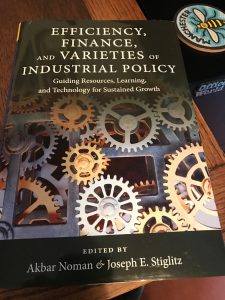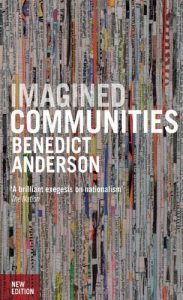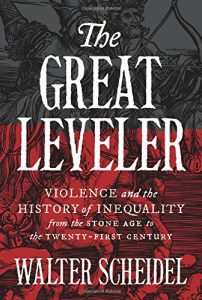In between visits by my students to office hours today I picked up again Thomas Schelling’s Choice & Consequence and re-read the final essay, ‘The Mind as a Consuming Organ’. Recently I wrote something about this for the FT. It’s such a rich essay – well, I’d be overjoyed to have written any of the essays in the book.
The bit that resonated today was this reflection on consumption:
“Take the rational consumer in economic theory: what is he consuming?
“What do I consume when I purchase The Wizard of Oz? Physically I buy a book or a reel of videotape. But that is a raw material. I ‘consume’ two hours of entertainment. But should I say that, like Dorothy, I consumed a trip to Oz … the adventure, with the risk and poignancy and exceitement and surprise?…
“There is no question but that part of what I get from a two hour movie or two hours with a book is ‘two hours’ worth’ of something…. But do we consume the contents of the story or just the time?”
These were profound questions in the early 1980s, but more so now a high proportion of rich consumers’ expenditure goes on experience goods. The underlying question is what is being maximised when an economic agent maximises their utility – and what are the implications for welfare economics of preference formation over emotions or mental processes. I don’t know the answers, but standard economics will struggle more with ill-defined and relative or fluid preferences than with any number of financial crises.





